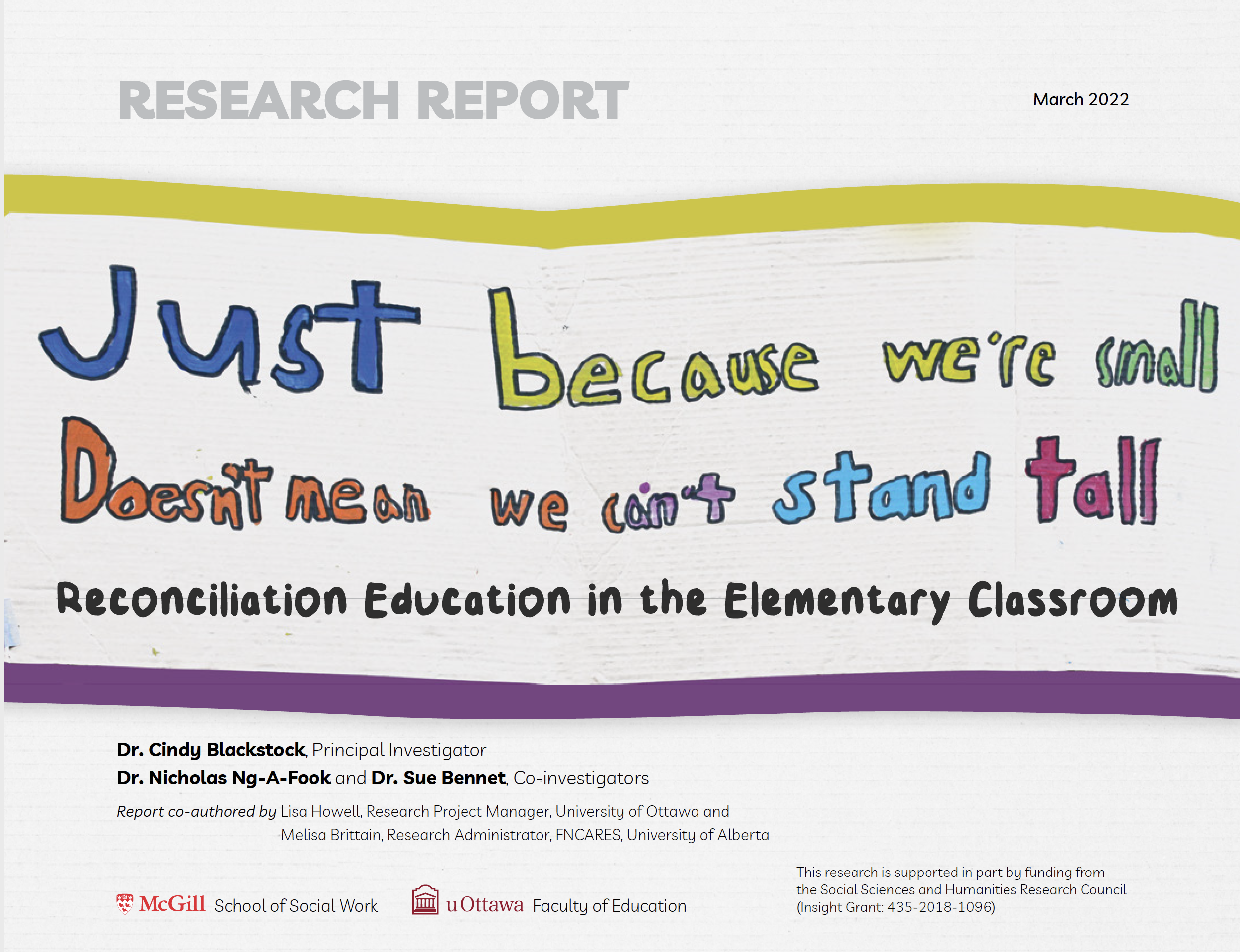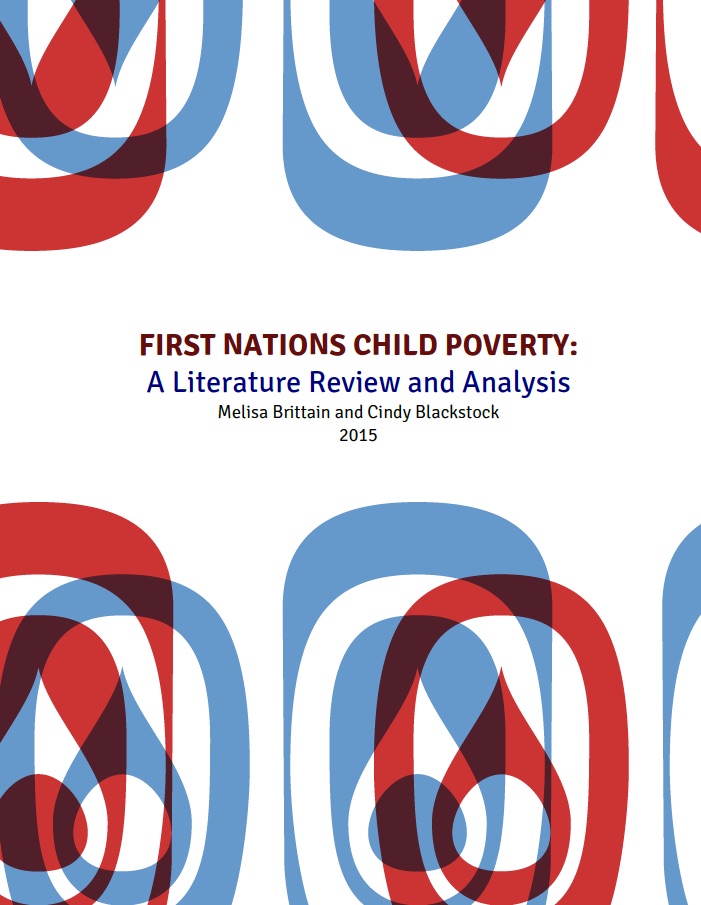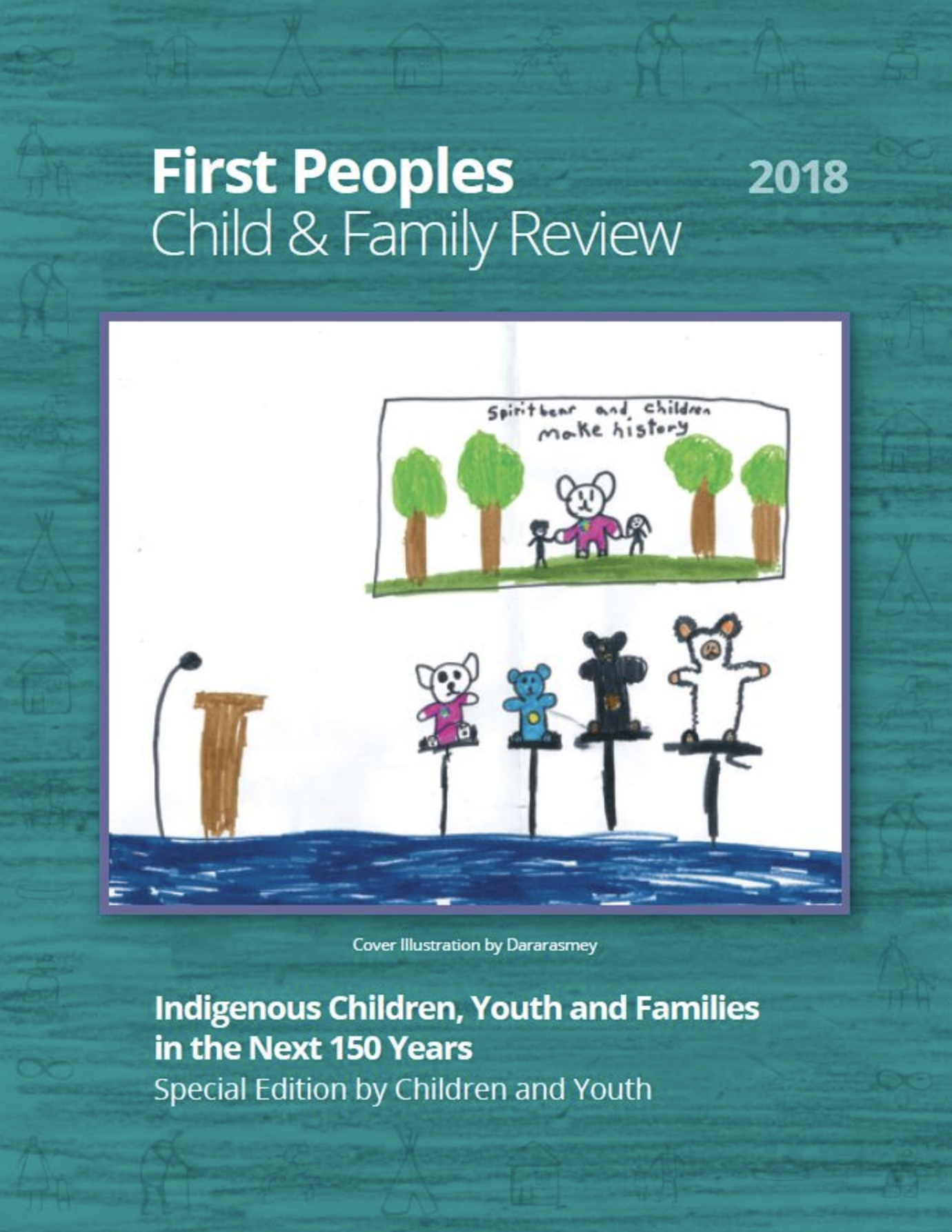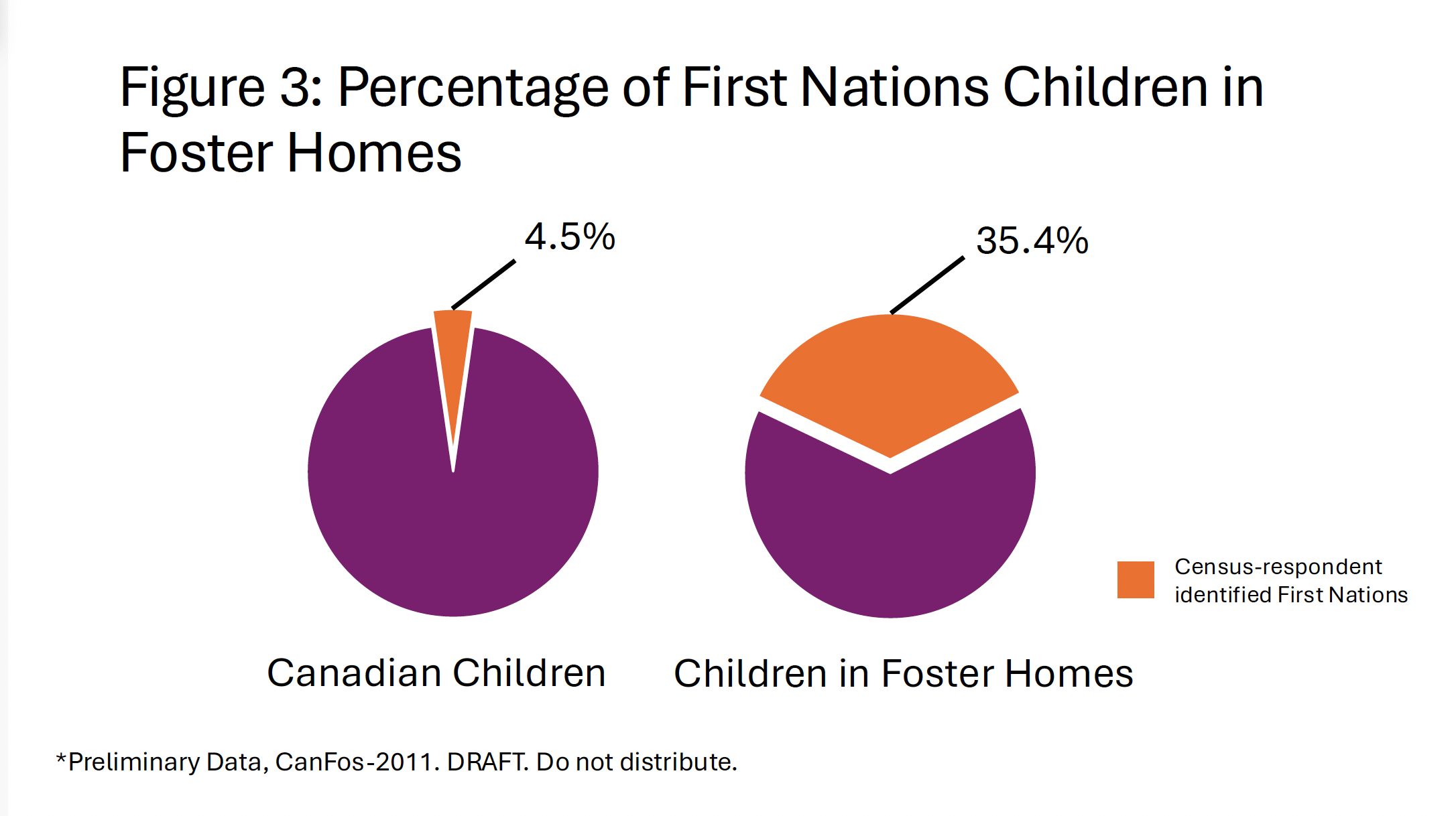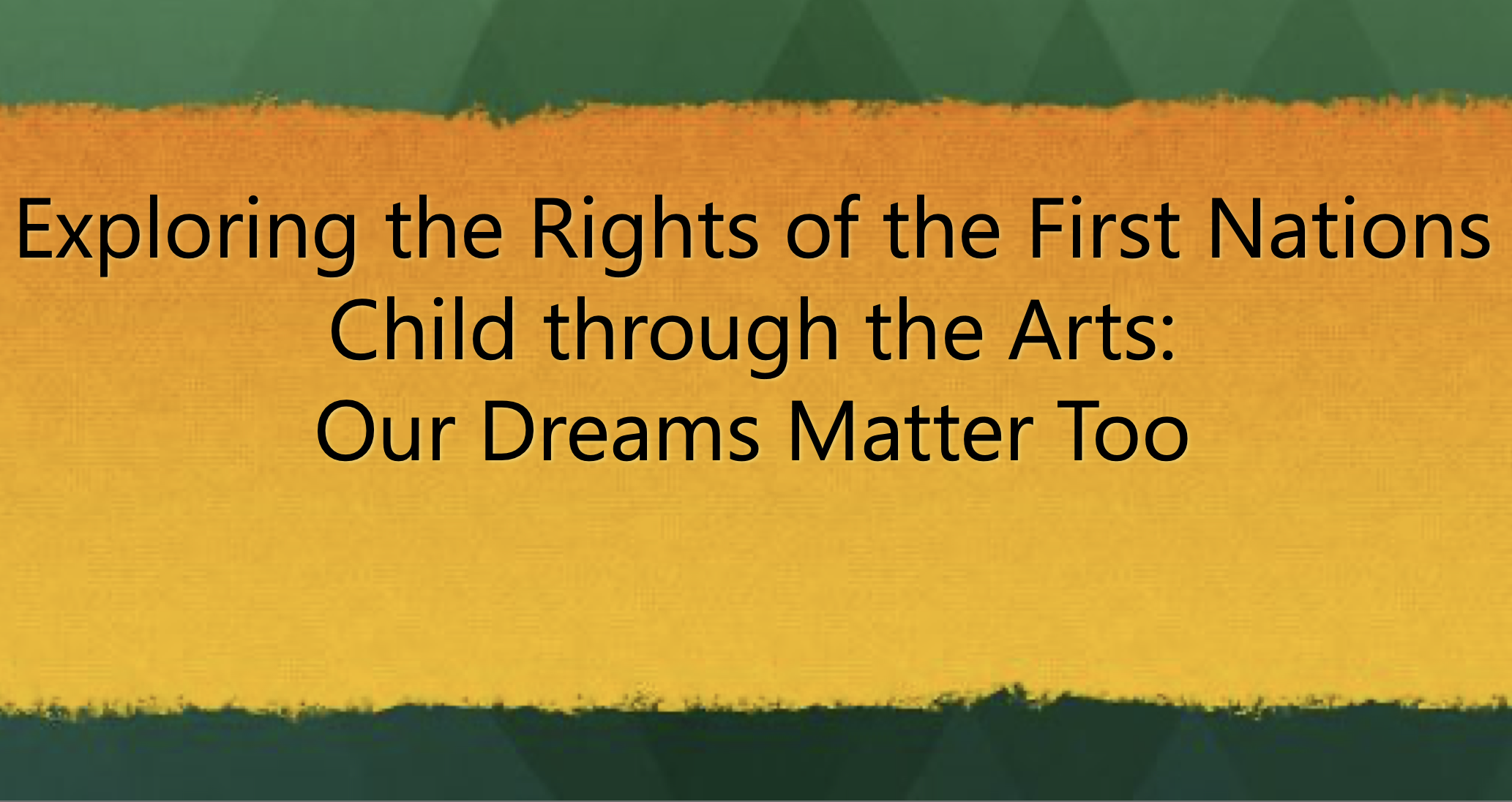Just because we're small doesn't mean we can't stand tall: Reconciliation education in the elementary classroom (2018-2024)
This SSHRC-funded project, a collaboration between the Caring Society and researchers at the University of Ottawa's Faculty of Education, studied the impacts of the Caring Society's social justice-based reconciliation education campaigns on elementary teachers and students. Researchers learned that teachers who used the Caring Society's social justice-based reconciliation campaigns in their elementary classrooms found the campaigns useful for teaching about the impacts of ongoing colonialism in Canada in ways that are age-appropriate for children of all grades and backgrounds. Educators also found the campaigns effective for teaching about these topics in respectful ways that strengthen the classroom community.
Researchers also found that elementary students who learn about discrimination towards First Nations children and their families through the campaigns feel a sense of power and agency as they realize that, by using their voices, they can contribute to positive change. This finding challenges the myth that elementary students are too young to talk about and understand injustice, and that teaching about the residential school system and ongoing injustices and harms faced by First Nations, Inuit, and Métis peoples somehow causes harm to young children. As students work toward ending structural discrimination against First Nations children, they become leaders, speakers, organizers and activists in their schools and communities.
Findings from the study informed the creation of the Spirit Bear Virtual School, which houses Spirit Bear's Beary Caring Curriculum and Learning Guides, videos of teacher workshops, video interviews with teachers using Spirit Bear in their classrooms, and links to all of Spirit Bear's films, books, and learning guides. Findings also informed the creation of My Voice Matters: Changing the World Through Child & Youth Activism, a film made in collaboration with Project of Heart. It features young people who participated in the Caring Society’s social-justice based reconciliation campaigns in elementary and secondary school as they look back on their experiences of standing up for equity for First Nations children.
This scholarly article by research collaborators Dr. Lisa Howell and Dr. Nicholas Ng-A-Fook describes the research project and some of its findings; other articles are currently submitted for publication. You can also watch this short video, where Dr. Lisa Howell reports on some of the main research findings.
